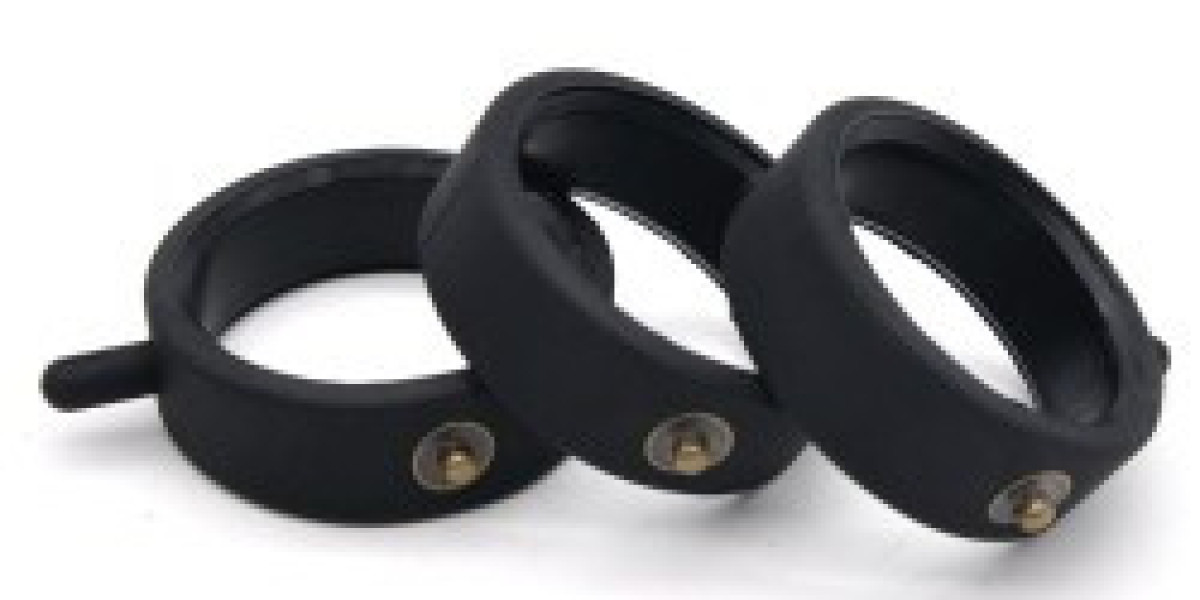The UV LED Market Size has witnessed remarkable growth in recent years, driven by technological advancements and rising demand across industrial, commercial, and consumer applications. UV LEDs are increasingly being adopted for applications such as sterilization, water purification, curing processes, and photolithography, signaling strong market potential in the coming years.
Market Overview and Growth Drivers
The global UV LED market is propelled by several factors including energy efficiency, compact design, and long operational life. Industries such as healthcare, electronics, and printing are leveraging UV LED technology for faster and more sustainable processes. Furthermore, integration with FinFET Technology Market has enhanced LED performance, allowing for improved miniaturization and efficiency in electronic components.
Regional Insights
Europe, particularly Germany, remains a significant hub for UV LED adoption due to advanced manufacturing capabilities and strong environmental regulations. The Germany Photo Printing Market is closely linked with UV LED technology, as the industry increasingly relies on UV-curable inks and coatings to enhance print quality and reduce production time.
North America and the Asia-Pacific region also show promising growth, fueled by investments in R&D and growing industrial applications. UV LED continues to replace traditional UV lamps in multiple sectors due to its eco-friendly nature, reduced heat emission, and precise wavelength targeting.
Key Applications
Curing Processes: UV LEDs accelerate curing in adhesives, coatings, and inks, improving production efficiency.
Disinfection & Sterilization: Hospitals, laboratories, and water treatment plants increasingly use UV LED systems for germicidal purposes.
Electronics Manufacturing: UV LEDs play a pivotal role in photolithography and semiconductor manufacturing.
Printing Industry: Adoption in photo printing ensures higher-quality outputs with faster turnaround times.
Industry Challenges
Despite strong growth, UV LED adoption faces challenges such as high initial costs, limited power output for some applications, and the need for specialized materials that can withstand UV exposure. Continuous research and the integration with technologies like FinFET are expected to overcome these barriers over the next decade.
Market Outlook
The UV LED market is projected to expand rapidly, with innovations in design, efficiency, and application versatility. Increased awareness about environmental sustainability and energy efficiency will further bolster market penetration. As industries recognize the benefits of UV LED over conventional UV sources, adoption is expected to scale across multiple sectors globally.
FAQs
Q1: What industries are driving the growth of the UV LED market?
Industries such as healthcare, electronics, printing, and water purification are key drivers of UV LED adoption.
Q2: How does UV LED differ from traditional UV lamps?
UV LEDs are more energy-efficient, eco-friendly, produce less heat, and offer precise wavelength control compared to conventional UV lamps.
Q3: What role does FinFET technology play in UV LED advancements?
FinFET technology enhances LED efficiency, performance, and miniaturization, enabling broader applications in electronics and industrial processes.






